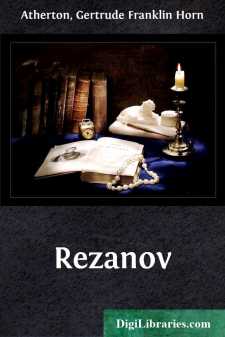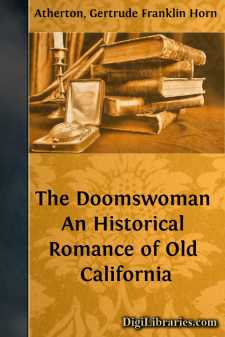Categories
- Antiques & Collectibles 13
- Architecture 36
- Art 48
- Bibles 22
- Biography & Autobiography 813
- Body, Mind & Spirit 142
- Business & Economics 28
- Children's Books 17
- Children's Fiction 14
- Computers 4
- Cooking 94
- Crafts & Hobbies 4
- Drama 346
- Education 46
- Family & Relationships 57
- Fiction 11829
- Games 19
- Gardening 17
- Health & Fitness 34
- History 1377
- House & Home 1
- Humor 147
- Juvenile Fiction 1873
- Juvenile Nonfiction 202
- Language Arts & Disciplines 88
- Law 16
- Literary Collections 686
- Literary Criticism 179
- Mathematics 13
- Medical 41
- Music 40
- Nature 179
- Non-Classifiable 1768
- Performing Arts 7
- Periodicals 1453
- Philosophy 64
- Photography 2
- Poetry 896
- Political Science 203
- Psychology 42
- Reference 154
- Religion 513
- Science 126
- Self-Help 84
- Social Science 81
- Sports & Recreation 34
- Study Aids 3
- Technology & Engineering 59
- Transportation 23
- Travel 463
- True Crime 29
What Dreams May Come
Description:
Excerpt
WHAT DREAMS MAY COME.
THE OVERTURE.
Constantinople; the month of August; the early days of the century. It was the hour of the city's most perfect beauty. The sun was setting, and flung a mellowing glow over the great golden domes and minarets of the mosques, the bazaars glittering with trifles and precious with elements of Oriental luxury, the tortuous thoroughfares with their motley throng, the quiet streets with their latticed windows, and their atmosphere heavy with silence and mystery, the palaces whose cupolas and towers had watched over so many centuries of luxury and intrigue, pleasure and crime, the pavilions, groves, gardens, kiosks which swarmed with the luxuriance of tropical growth over the hills and valleys of a city so vast and so beautiful that it tired the brain and fatigued the senses. Scutari, purple and green and gold, blended in the dying light into exquisite harmony of color; Stamboul gathered deeper gloom under her overhanging balconies, behind which lay hidden the loveliest of her women; and in the deserted gardens of the Old Seraglio, beneath the heavy pall of the cypresses, memories of a grand, terrible, barbarous, but most romantic Past crept forth and whispered ruin and decay.
High up in Pera the gray walls of the English Embassy stood out sharply defined against the gold-wrought sky. The windows were thrown wide to invite the faint, capricious breeze which wandered through the hot city; but the silken curtains were drawn in one of the smaller reception-rooms. The room itself was a soft blaze of wax candles against the dull richness of crimson and gold. Men and women were idling about in that uneasy atmosphere which precedes the announcement of dinner. Many of the men wore orders on their breasts, and the uniforms of the countries they represented, and a number of Turks gave a picturesque touch to the scene, with their jewelled turbans and flowing robes. The women were as typical as their husbands; the wife of the Russian Ambassador, with her pale hair and moonlight eyes, her delicate shoulders and jewel-sewn robe; the Italian, with her lithe grace and heavy brows, the Spanish beauty, with her almond, dreamy eyes, her chiselled features and mantilla-draped head; the Frenchwoman, with her bright, sallow, charming, unrestful face; the Austrian, with her cold repose and latent devil. In addition were the Secretaries of Legation, with their gaily-gowned young wives, and one or two English residents; all assembled at the bidding of Sir Dafyd-ap-Penrhyn, the famous diplomatist who represented England at the court of the Sultan.
Sir Dafyd was standing between the windows and underneath one of the heavy candelabra. He was a small but striking-looking man, with a great deal of head above the ears, light blue eyes deeply set and far apart, a delicate arched nose, and a certain expression of brutality about the thin lips, so faint as to be little more than a shadow. He was blandly apologizing for the absence of his wife. She had dressed to meet her guests, but had been taken suddenly ill and obliged to retire....












